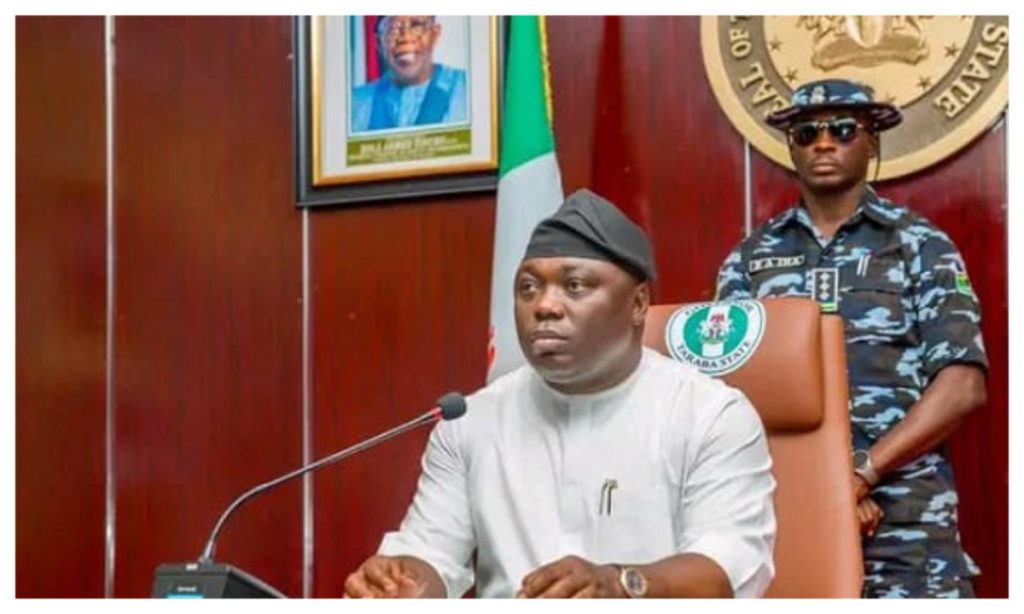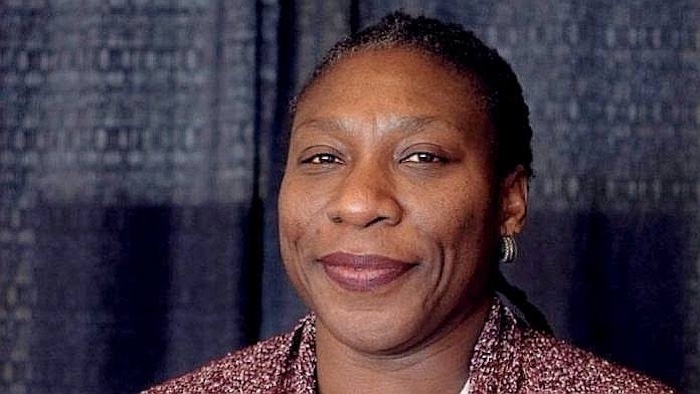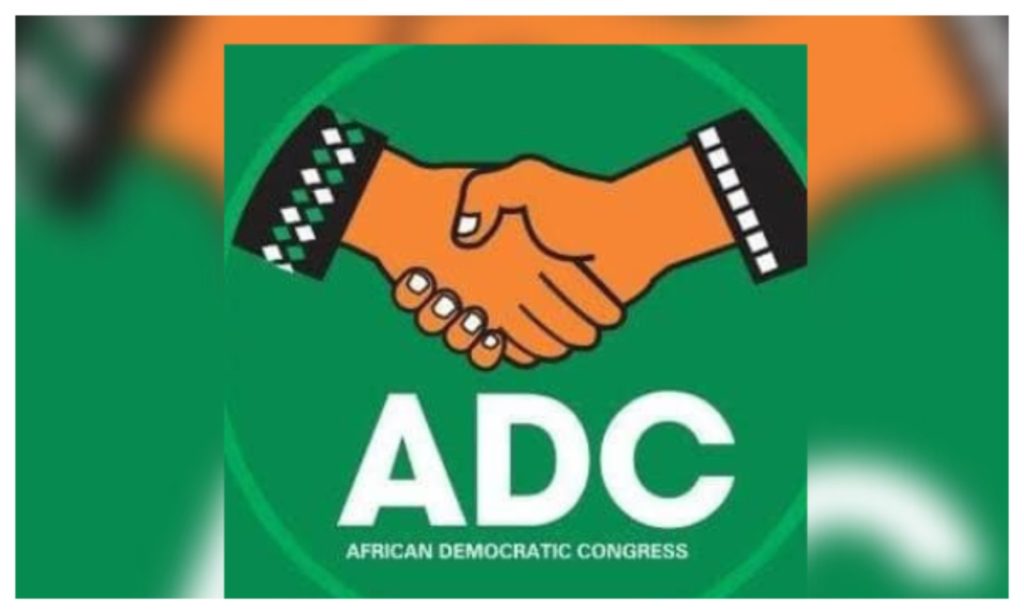Rumors of a potential political comeback by Nigeria’s former President Goodluck Jonathan are gaining traction amid claims that influential figures are urging him to contest the 2027 presidential election. Bashir Ahmad, a former media aide to ex-President Muhammadu Buhari, alleged on social media that unnamed politicians are actively lobbying Jonathan, banking on his perceived appeal in Nigeria’s northern regions to challenge incumbent President Bola Tinubu.
In a post on X (formerly Twitter) on Monday, Ahmad claimed the push hinges on a strategic calculation: positioning Jonathan as a single-term candidate to placate northern elites who traditionally favor rotational power shifts between the country’s north and south. “They argue his candidacy would be easy to market in the North under the guise of a one-term pledge,” Ahmad wrote. However, he criticized the move as politically expedient, arguing it neglects substantive policy priorities. “The North deserves more than being reduced to a political bargaining chip,” he added, underscoring concerns that the region’s interests are being sidelined for power-sharing optics.
Jonathan, who served as president from 2010 to 2015, remains a unique figure in Nigerian politics. His decision to concede defeat to Buhari in 2015 marked a rare peaceful transfer of power, earning him international praise. Though he has not publicly declared interest in running, speculation about his return has intensified. Analysts cited in local reports suggest Jonathan, a southern Christian from Bayelsa State, could pose a formidable challenge to Tinubu, a southern Muslim from Lagos, by leveraging his cross-regional networks and residual goodwill.
Nigeria’s “zoning” tradition, an unwritten agreement to alternate presidential power between the north and south, has long shaped electoral strategies. Tinubu’s victory in 2023 solidified southern control, but debates over the 2027 race have reignited tensions. Critics argue that reviving Jonathan’s candidacy risks exploiting regional loyalties rather than addressing systemic issues like insecurity, inflation, and unemployment.
Jonathan’s office has not commented on the claims, leaving his intentions unclear. Political observers note that his potential reentry could reshape alliances, particularly if northern power brokers seek to counter Tinubu’s influence. However, questions linger about his policy agenda and ability to unite a polarized electorate. As the 2027 race gradually takes shape, the reported maneuvering underscores the enduring role of identity politics in Africa’s most populous nation—and the challenges of balancing regional equity with governance imperatives.



